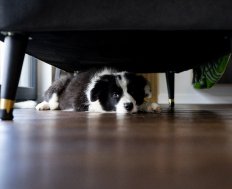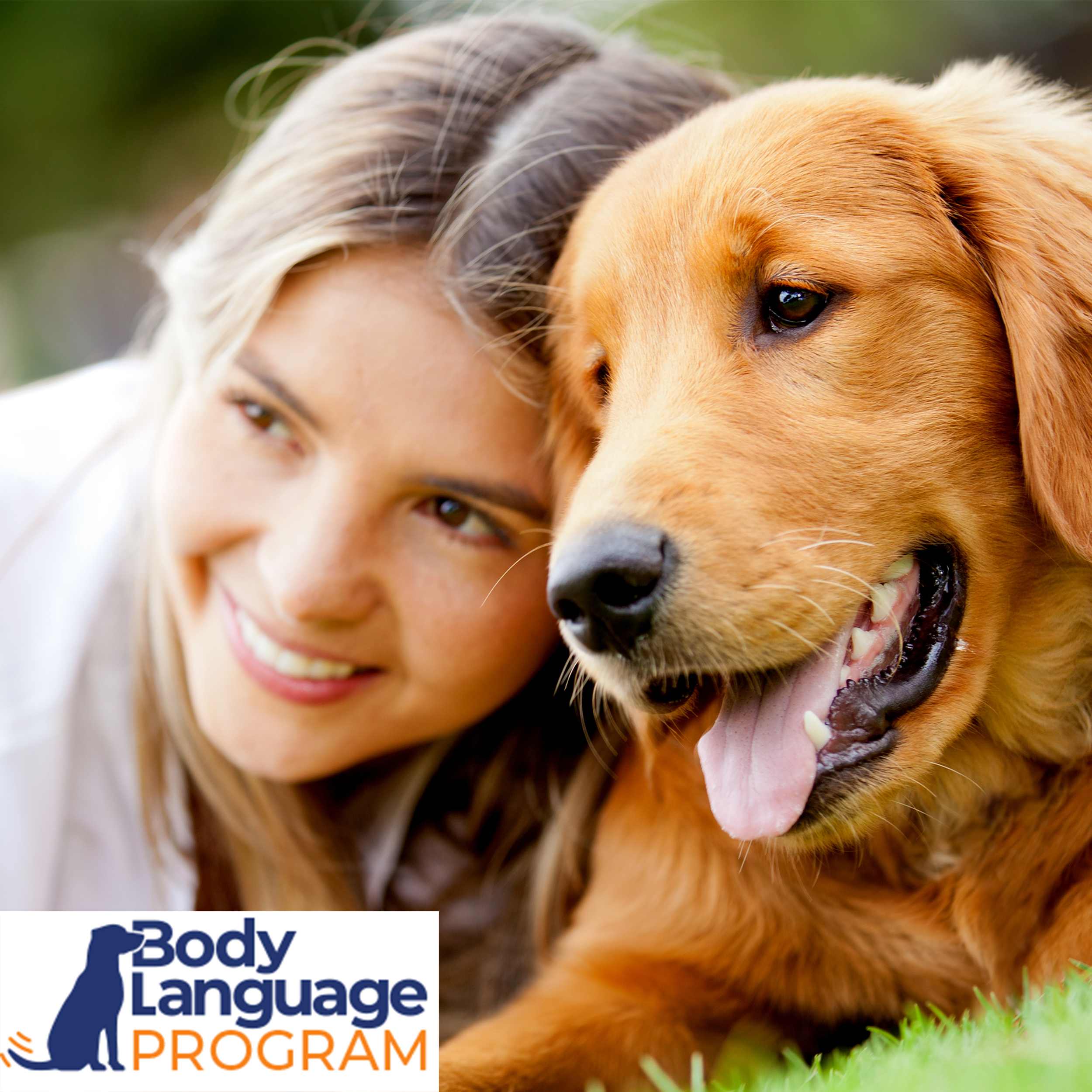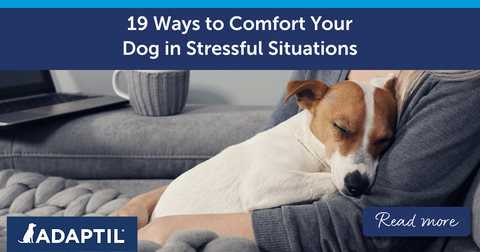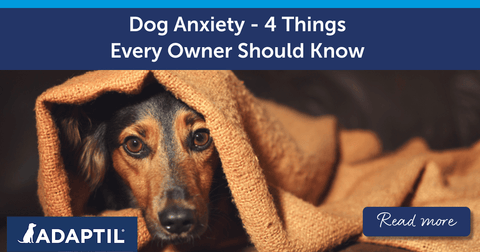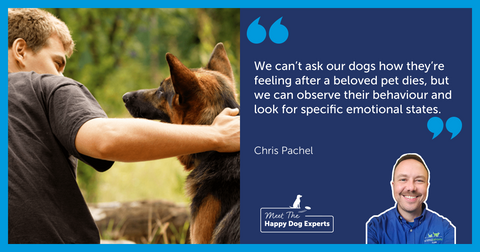
Why Does My Dog Lick Me?
Do you wonder why your dog licks you, maybe your feet, hands or eyes?
The main reason they do this is due to the salt on your skin and the smell. Your dog is curious because it will smell slightly different or stronger than other areas.
Salt
The area may also contain a lot of salt, which they are attracted too. The liquid that lubricates the eyes, known as the tear film and the sweat from our skin both contain salts.Although we can't smell or even know the salt is there, dogs can, as their scent skills are incredibly powerful, and their olfactory senses are much stronger than ours.
.png)
Kisses & Love!
It is also likely that your dog is being friendly towards you, having social interactions with you and gaining information from you. As dogs are social animals, they like to live in a group and their territory and the familiarity of the smell of a social group can provide them with reassurance and security.
This behaviour originates from when dogs lived in the wild. It is why dogs feel so relaxed in their home environment and can really enjoy a safe haven such as their own bed or comfortable crate. When our dogs see us as strong caregivers, we can be a source of reassurance and reward. Your interactions towards them or even just your presence can be rewarding - even just the smell of you. Some dogs when nervous or scared may seek that closeness, reassurance and sense of safety by requesting your attention or comfort.
Dogs rely on smell to navigate their way through life. Smell can help dogs understand many aspects of another dog, such as if another dog is in season or ready to mate. It can also help them uncover what food is edible or dangerous or if they are in an environment that is another dog's territory.
ADAPTIL BACK TO NATURE
Take a look atADAPTIL's Back to Natureshort documentary video:An ode to dog origins, friendship and challenges of modern life. Dogs deserve our support to cope with our modern environment.
If you have any concerns about your dog's health or behaviour please contact your vet for a check-up or contact a qualified clinical animal behaviourist (CAB) if you are worried. Take a look at Association of Pet Behaviour Counsellors(APBC) orFellowship of Animal Behaviour Clinicians(FABC) listfor more information or help.


